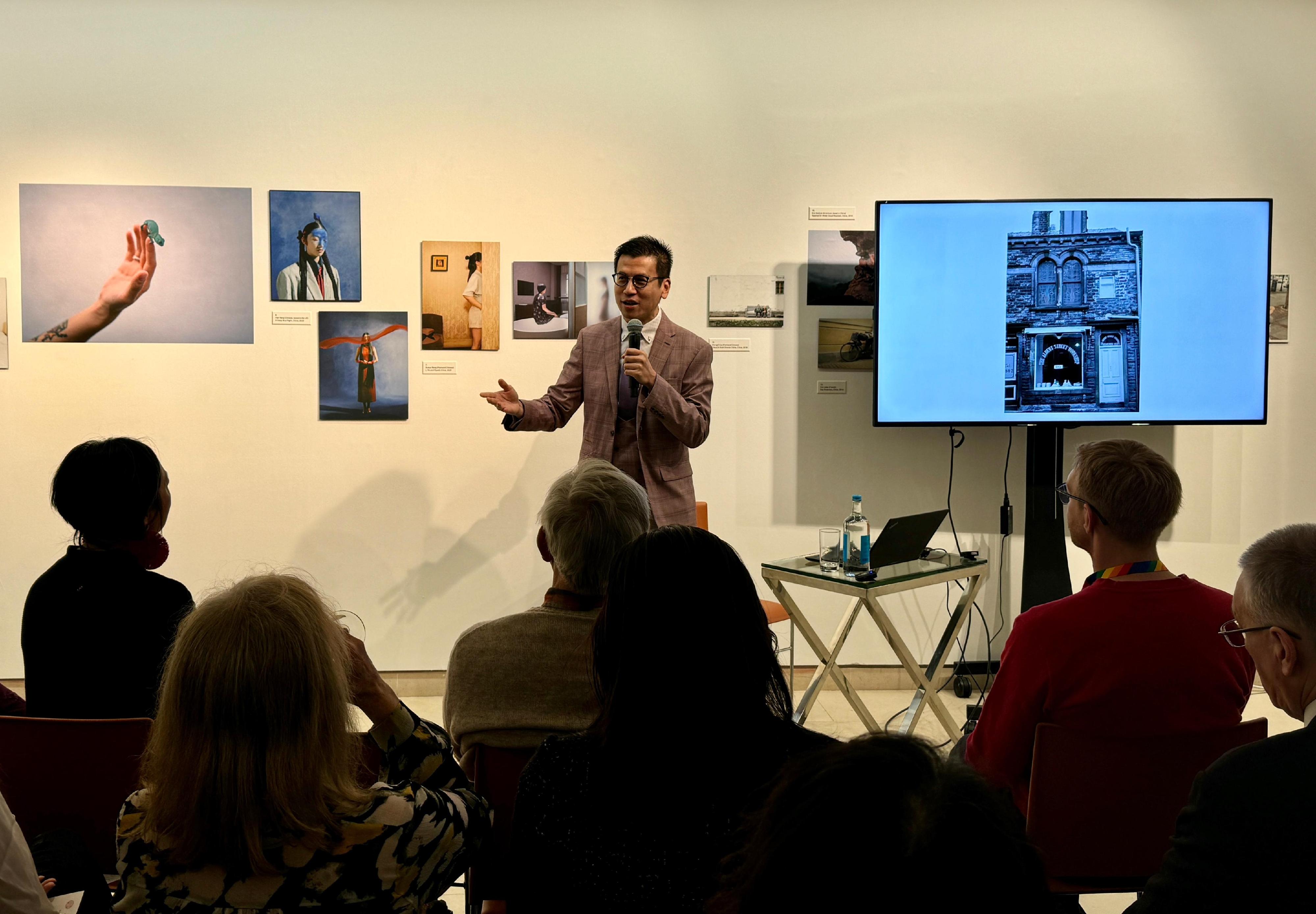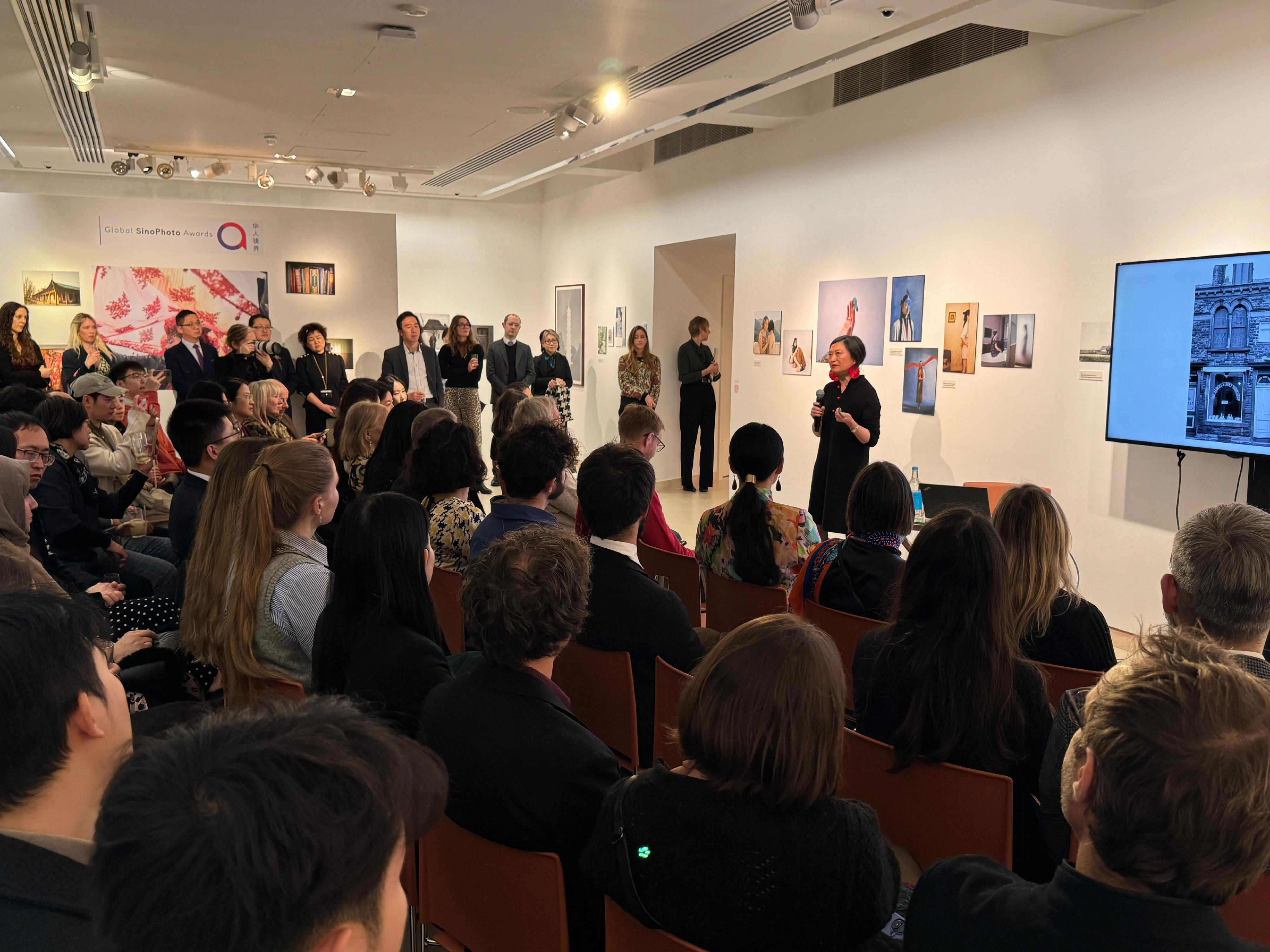​The Hong Kong Special Administrative Region (HKSAR) Government today (January 16) strongly disapproves of and condemns the malicious attack by the United States (US) through signing a memorandum, which slanders Hong Kong’s rule of law, democracy, and human rights situation, and extends and expands the Deferred Enforced Departure eligibility for certain Hong Kong residents in the US.
A spokesman for the HKSAR Government said, “All countries in the world are duty bound to safeguard their national security, and the HKSAR, as an inalienable part of the People’s Republic of China, is no exception. As a matter of fact, the US has at least 21 pieces of laws safeguarding national security. It is therefore in no position to point its finger at the HKSAR’s legal system and enforcement mechanisms to safeguard national security. The HKSAR Government will not fear any hegemonism and intimidation by external forces and firmly rejects their interference in the affairs of the HKSAR.
“The HKSAR Government steadfastly safeguards the rights and freedoms enjoyed by Hong Kong people as protected under the law. Since Hong Kong’s return to the motherland, human rights in the city have always been robustly guaranteed constitutionally by both the Constitution and the Basic Law. The Hong Kong National Security Law and the Safeguarding National Security Ordinance also clearly stipulate that human rights shall be respected and protected in safeguarding national security in the HKSAR, and that the rights and freedoms, including the freedoms of speech, of the press, of publication, of association, of assembly, of procession and of demonstration, that Hong Kong residents enjoy under the Basic Law and the provisions of the International Covenant on Civil and Political Rights (ICCPR) and the International Covenant on Economic, Social and Cultural Rights as applied to Hong Kong, shall be protected in accordance with the law. Nonetheless, just as the case with other places in the world, such rights and freedoms are not absolute. The ICCPR also expressly states that some of them may be subject to restrictions as prescribed by law that are necessary for protection of national security, public safety, public order or the rights and freedoms of others, etc.”
The spokesman emphasised, “As a matter of fact, the enactment and implementation of the Hong Kong National Security Law has plugged the loopholes in the legal system for the HKSAR to safeguard national security, enabling Hong Kong society to move on from chaos to order, and people’s livelihood and economic activities to return to normalcy. Hong Kong’s rise in world competitiveness rankings to be among the world’s top economies is the best testament to the fact that high-level security protection would underpin high-quality development. The Safeguarding National Security Ordinance which came into effect on March 23, 2024, is compatible and complementary with the Hong Kong National Security Law. Both have jointly established a comprehensive and effective system for building a strong line of defence to maintain security and stability in the HKSAR, ensuring the effective protection of national security, as well as providing solid institutional safeguards to promote good governance.
“The Hong Kong National Security Law and the Safeguarding National Security Ordinance clearly define the elements of relevant offences, penalties, exceptions and defences. These laws actively prevent, suppress and punish acts and activities endangering national security, in accordance with the principle of the rule of law. They target an extremely small minority of people and organisations that pose a threat to national security, while protecting the lives and property of the general public. International commercial and investment activities can only thrive where a stable society and the rule of law are guaranteed. Law-abiding persons, companies and organisations conducting normal business in the HKSAR will not unwittingly violate the law.
“As regards the rule of law in Hong Kong, the Basic Law specifically provides that the HKSAR enjoys independent judicial power, including that of final adjudication, and the courts of the HKSAR shall exercise judicial power independently, free from any interference. The Basic Law also clearly stipulates that judges and other members of the judiciary of the HKSAR shall be chosen on the basis of their judicial and professional qualities. All judges and judicial officers continue to abide by the Judicial Oath and administer justice in full accordance with the law, without fear or favour, self-interest or deceit. When adjudicating cases concerning offence endangering national security, as in any other cases, judges remain independent and impartial in performing their judicial duties, free from any interference. All cases are handled strictly on the basis of evidence and in accordance with the law. All defendants receive fair trial strictly in accordance with laws applicable to Hong Kong and as protected by the Basic Law and the Hong Kong Bill of Rights.”
The spokesperson reiterated, “The HKSAR Government is steadfast in safeguarding national sovereignty, security and development interests, fully and faithfully upholding this top priority of the ‘one country, two systems’ principle. The HKSAR Government will, as always, resolutely, fully and faithfully implement the Hong Kong National Security Law, the Safeguarding National Security Ordinance and other relevant laws safeguarding national security in the HKSAR, to effectively prevent, suppress and impose punishment for acts and activities endangering national security in accordance with the law. At the same time, it protects the legal interests, rights and freedoms enjoyed by Hong Kong residents and other people in Hong Kong in accordance with the law, ensuring the steadfast and successful implementation of ‘one country, two systems’. The HKSAR Government strongly demands the US government to immediately stop the malicious smears of and interference in Hong Kong matters which are purely China’s internal affairs.” read more






